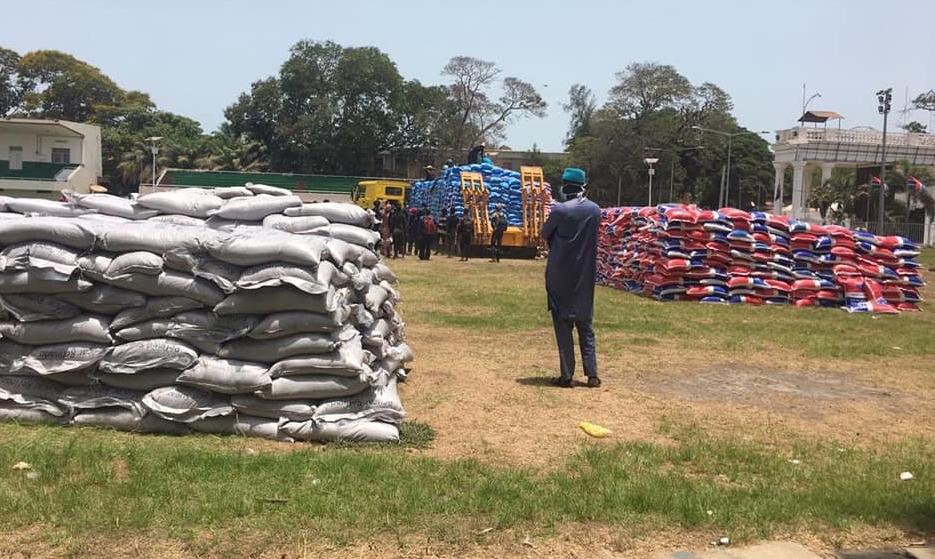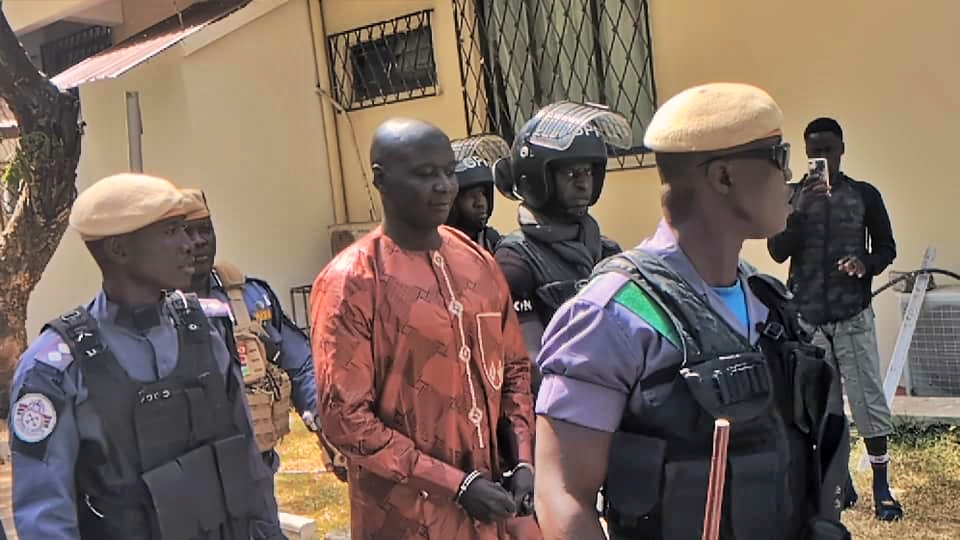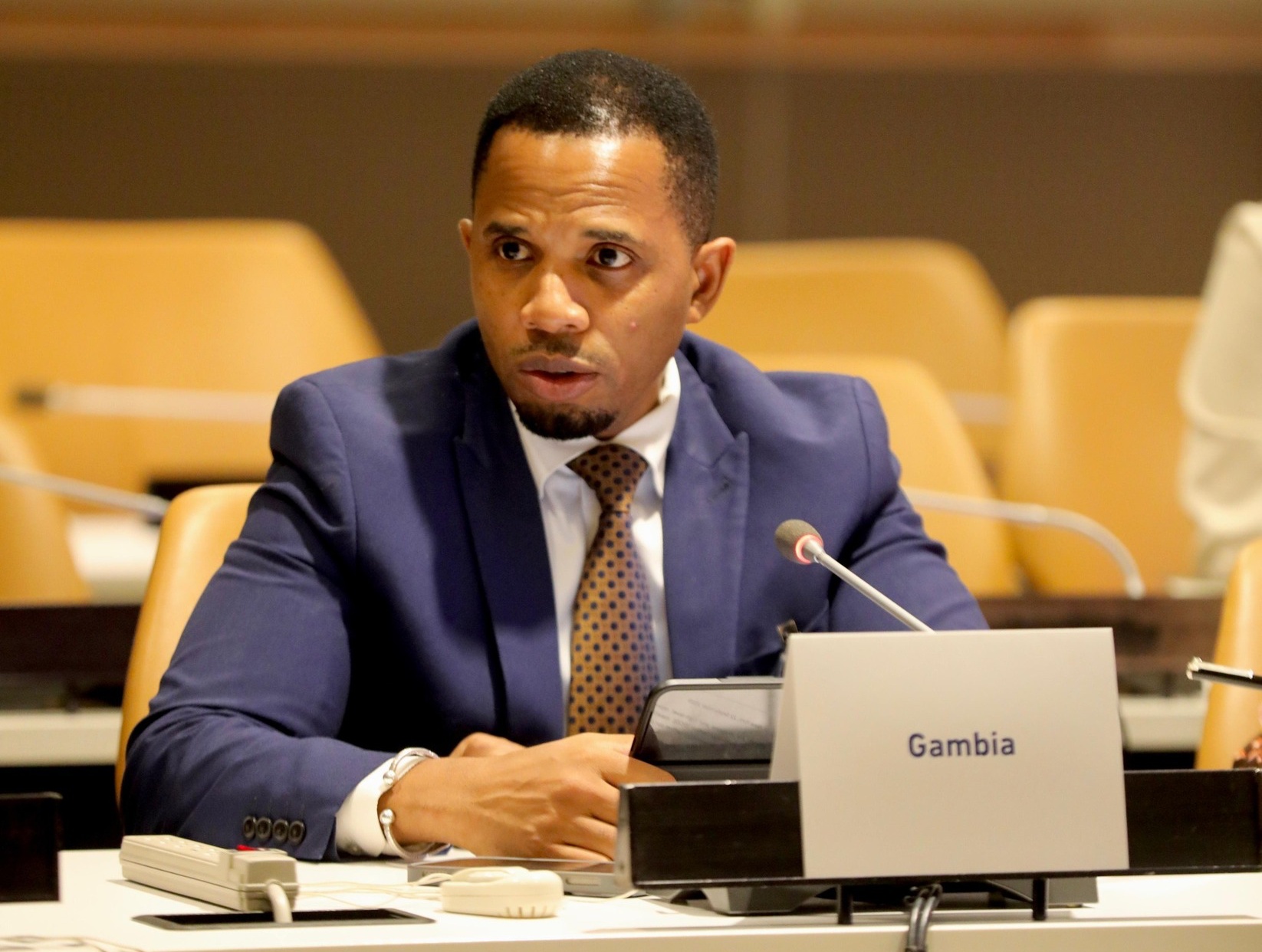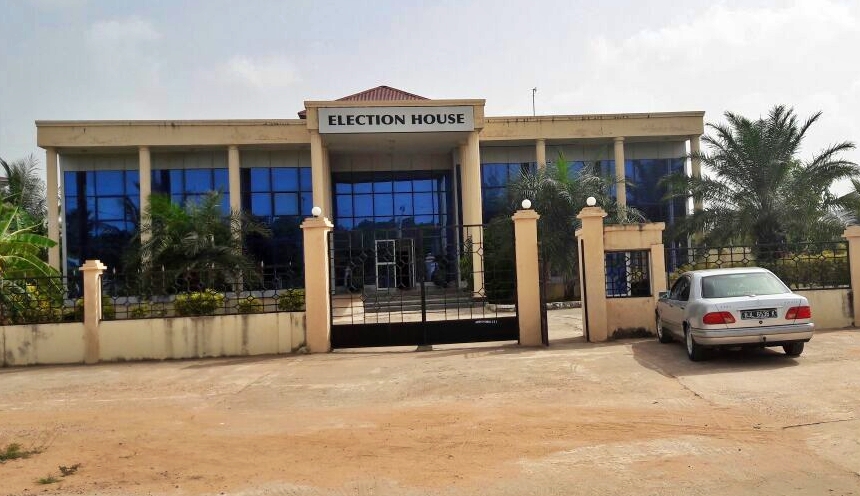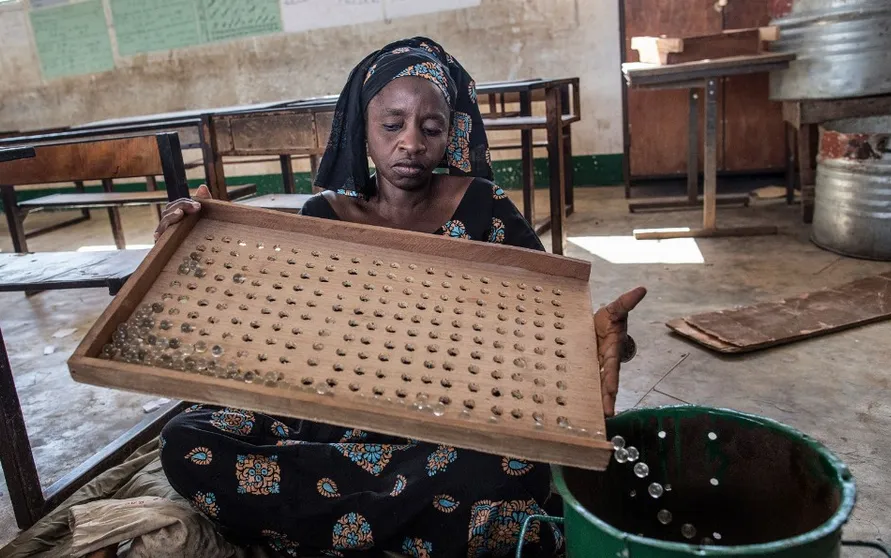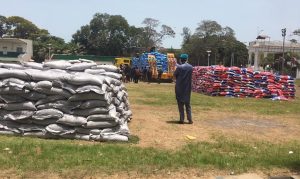Gambiaj.com – (BANJUL, The Gambia) – Eight years after the former dictator of 22 years, Yahya Jammeh, was voted out of office, we Gambians are still struggling to find our feet. Despite the initial euphoria and pride following the peaceful transfer of power when President Barrow assumed power in January 2017, we seem to have lost our way. Almost every sector of the country’s economy is struggling, and every arm of government is failing to provide the quality of service the Gambian public deserves.
In addition, we squandered much of the immense goodwill the international community had toward our country. A year and a half after President Barrow came to office, an international donor conference co-chaired by the European Union and The Gambia in May 2018 resulted in €1.45 billion in pledges of development assistance to The Gambia. Unfortunately, the fanfare about the pledges quickly died, and indications are that the pledged sum is yet to be fully disbursed to The Gambia.
Nevertheless, other development partners like the World Bank, IFAD, and the African Development Bank, through their various projects, continued to pour resources into the country. IFAD alone has 11 ongoing projects costing a total of $287 million, of which IFAD is providing $144 million. Much of these donor funds have gone to waste in procuring expensive vehicles and poorly implemented interventions.
To make matters worse, many of these projects follow a long line of similarly poorly implemented projects with dubious benefits and/or impacts, except for the few Gambians that have benefitted handsomely from their project salaries, benefits, and kickbacks. In the meantime, the Gambian population continues to yearn for the basics: quality and affordable education and health care, an affordable cost of living, and security and safety, to name a few.
It is quite clear that the country is broken and needs to be fixed. The million-dollar question then is: how?
Fixing Gambia is a new column and Substack newsletter I am starting to contribute to the debate about what Gambians need to do to fix our country and get us on the right track to national development. Given the way things are, I am pretty sure I will not run out of issues to discuss in my articles in this newsletter.
For a start, take the raging issue of whether Diaspora Gambians should be allowed and enabled to vote in elections. This matter should have been an open-and-shut case given that Section 39 of the 1997 Constitution, as variously amended, provides that every Gambian citizen eighteen years or older and of sound mind has a right to vote in elections in The Gambia. Section 39 does not, implicitly or otherwise, deny Diaspora Gambians their right to vote in elections in The Gambia.
Furthermore, Section 41 of the 1997 Constitution provides that an Act of the National Assembly may make provision to effect the Constitution’s provisions for the registration of voters, as well as the voting at and conduct of elections and referenda. Accordingly, the government introduced the Elections Bill, 2021, to regulate voter and political party registration and the conduct of elections, effectively providing an operational tool for the implementation of the provisions of Sections 39 and 41 of the 1997 Constitution.
Clause 14 of the Elections Bill, 2021, provides that the Independent Electoral Commission (IEC) shall register as a voter a Gambian living abroad, provided s/he meets the criteria spelled out in Clause 13 of the same Bill for eligibility to be registered as a voter. In addition, Clause 14 (2) provides that the IEC shall consult with the Inter-Party Committee and Cabinet to prescribe the rules for the registration of Gambians living outside The Gambia and their voting in elections.
The case for the participation of Diaspora Gambians in elections was strengthened when the Supreme Court, in a landmark ruling in July 2021, said that all Gambians, including those in the Diaspora, are entitled to being registered as voters and to vote in elections. As is often the case, the devil is in the details. Specifically, how would the Independent Electoral Commission (IEC) go about discharging that responsibility to Diaspora Gambians?
Despite the constitutional provisions for, and the Supreme Court ruling on, the right of the Diaspora Gambians to vote in elections, the Elections Bill, 2021, has not had smooth sailing in the National Assembly, which has been reviewing it clause by clause. In the first place, the Joint Committee on Local Government and Human Rights, which reviewed the bill and provided its recommendations to the National Assembly, recommended that Clause 41 (2) be amended to replace the phrase “Inter-Party Committee and Cabinet” with “National Assembly.” Thus, the National Assembly was given the sole right to be consulted by the IEC in determining the rules for the registration of Gambian voters living abroad and their participation in elections. Bad as this may seem, worse was yet to come.
In early March, 2025, the National Assembly members voted against the adoption of Clause 14 of the Elections Bill, 2021, effectively ending any hope that Gambians living abroad would be able to vote in the 2026 presidential and 2027 national assembly elections.
In his submission to the National Assembly, the Attorney General and Minister of Justice Dawda Jallow said that because Section 39 of the 1997 Constitution stipulates that each voter must be registered in a National Assembly Constituency, the IEC will not be able to implement the provisions of Clause 14 of the Elections Bill, 2021, until the Gambian Diaspora is demarcated into a constituency. Furthermore, he said, Section 88 of the 1997 Constitution would have to be amended to provide for a constituency or constituencies for the Gambian Diaspora. Following Minister Jallow’s submission, the National Assembly voted along partisan lines for the deletion of Clause 14 from the Elections Bill, 2021.
Civil Society Organizations said that the rejection of Clause 14 effectively disenfranchises Diaspora Gambians and argued that there is no need to create new constituency or constituencies for them. Furthermore, they argued, Diaspora Gambians can be registered and vote outside the Gambia as members of the various constituencies in the country. In the same vein, the National Human Rights Commission expressed their “concern” over the failure of the National Assembly to accept Clause 14 of the Elections Bill, 2021, pointing out that Diaspora Gambians contributed 31.5% of the Gross Domestic Product of the country in 2024. The NHRC also said that the right to vote is recognized by the Universal Declaration of Human Rights and the International Covenant on Civil and Political Rights, both of which The Gambia is a party to.
In an apparent change of heart, and in tribute to his political acumen, Minister Jallow returned to the National Assembly on March 25, 2025, and informed them that after all, there are two options for extending the franchise to Diaspora Gambians. One option, he said, is to register them as voters in their home constituencies in The Gambia (as the CSOs suggested), and the other is to amend Article 88 of the 1997 Constitution to create more constituencies for the Gambian diaspora. Nevertheless, the National Assembly, in a partisan vote again, dismissed a motion to reintroduce Clause 14 of the Elections Bill, 2021, because the Acting Speaker, Seedy Njie, argued that prior notice of the motion was required but not given.
One challenge to extending voting rights to Diaspora Gambians is our voting system, which uses marbles and provides a separate ballot bin for each candidate in each polling station. This system would thus make it impractical to provide 159 ballot bins (assuming 53 constituencies and 3 candidates per constituency) in, say, New York, to enable Gambians there to vote in the National Assembly elections. If you scale that to the many cities around the world with significant populations of Diaspora Gambians, it is obvious that it would be too expensive and pose a logistical nightmare to pull off.
Against this background, and given the apparent change of heart of Minister Jallow about the possibility of allowing Diaspora Gambians to vote in our elections, the National Assembly should insert a clause in the Elections Bill, 2021, to allow Diaspora Gambians to use paper ballots to cast their votes outside the country. This would drastically reduce the cost of their participation in the elections and make voting more transparent. In addition, such a system could very well serve as a trial run for the introduction of the paper ballot in The Gambia.
The saga about Clause 14 of the Elections Bill, 2021, revolves around the suspicion among President Adama Barrow’s National People’s Party that many Diaspora Gambians are opposed to his government and would come out in their numbers to vote against him in the 2026 elections. Although the NPP is entitled to their fears, the fact of the matter is that Diaspora Gambians remitted over $775 to The Gambia in 2024 and, on a daily basis, support their families and loved ones across and in the country. For this reason, they should be able to leverage that support to influence the outcome of the 2026 elections—whether they vote or not.
Furthermore, Diaspora Gambians can have a significant impact on The Gambia’s development partners and the image of the Gambian government abroad. For example, Gambians in the United States protested Jammeh’s visits to the UN, actively lobbied the US government to sanction former President Yahya Jammeh, and worked with human rights and press freedom organizations to increase awareness about Jammeh’s human rights abuses. Diaspora Gambians in various European countries also contributed to the fight against Jammeh and can be expected to mobilize to push back against the NPP if they are disenfranchised in the next elections in The Gambia.
Given all the legal and political imperatives, the Gambian government will be well advised to ensure that Diaspora Gambians would—by any means necessary—be given the opportunity to exercise their right to vote.
The Author, Katim Seringe Touray, Ph.D., is a soil scientist and international development consultant and writes about development issues, science, technology, and global affairs. More of his articles are at https://kstouray.medium.com




